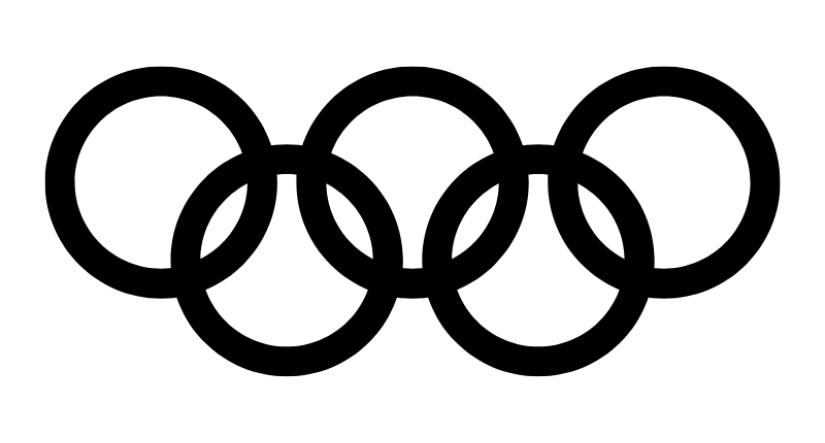
We’re all looking forward to the 2024 Summer Olympics that begin next month. Many may not know, but the YMCA has had a significant historical connection to the Olympic Games, with contributions that stretch across many decades. Here are some examples provided by the World YMCA:
Early Contributions and Involvement: The YMCA played a pivotal role in the development of the modern Olympic movement. The Director of the Athletic Department of the American YMCA, Elwood S. Brown, was notably involved in organizing games between the allies during World War I. His efforts caught the attention of Baron de Coubertin, founder of the modern Olympic Games, leading to a partnership that leveraged YMCA's resources to support the Olympics.
Development of Olympic Sports: The YMCA is credited with the creation of basketball and volleyball, both of which are now prominent sports within the Olympic Games. This contribution is a part of why the YMCA received the Olympic Cup twice, in 1920 and 1929, recognizing its substantial influence on the growth of the Olympic movement globally.
Training Ground for Athletes: Over the years, many Olympic athletes have trained at YMCA facilities. For example, Johnny Weissmuller, who won three gold medals in swimming at the 1924 Olympics, was a member of the YMCA of Chicago in his youth. Another notable athlete is Michael Phelps, the most decorated Olympian of all time, who has been involved with YMCA both as a participant in his youth and later as an instructor.
YMCA and Olympic Athletes: Several athletes who competed in the Olympics have been associated with the YMCA, either as members or through training programs offered by the organization. These include Dara Torres, an American swimmer who competed in five Olympic Games, and Mark Spitz, who trained at the YMCA of Sacramento and won seven gold medals in swimming at the 1972 Munich Olympics.
These connections highlight the YMCA's significant impact on the Olympic Games, from its early days to the present, supporting not just the sports themselves but also fostering the athletes who participate in these global competitions.